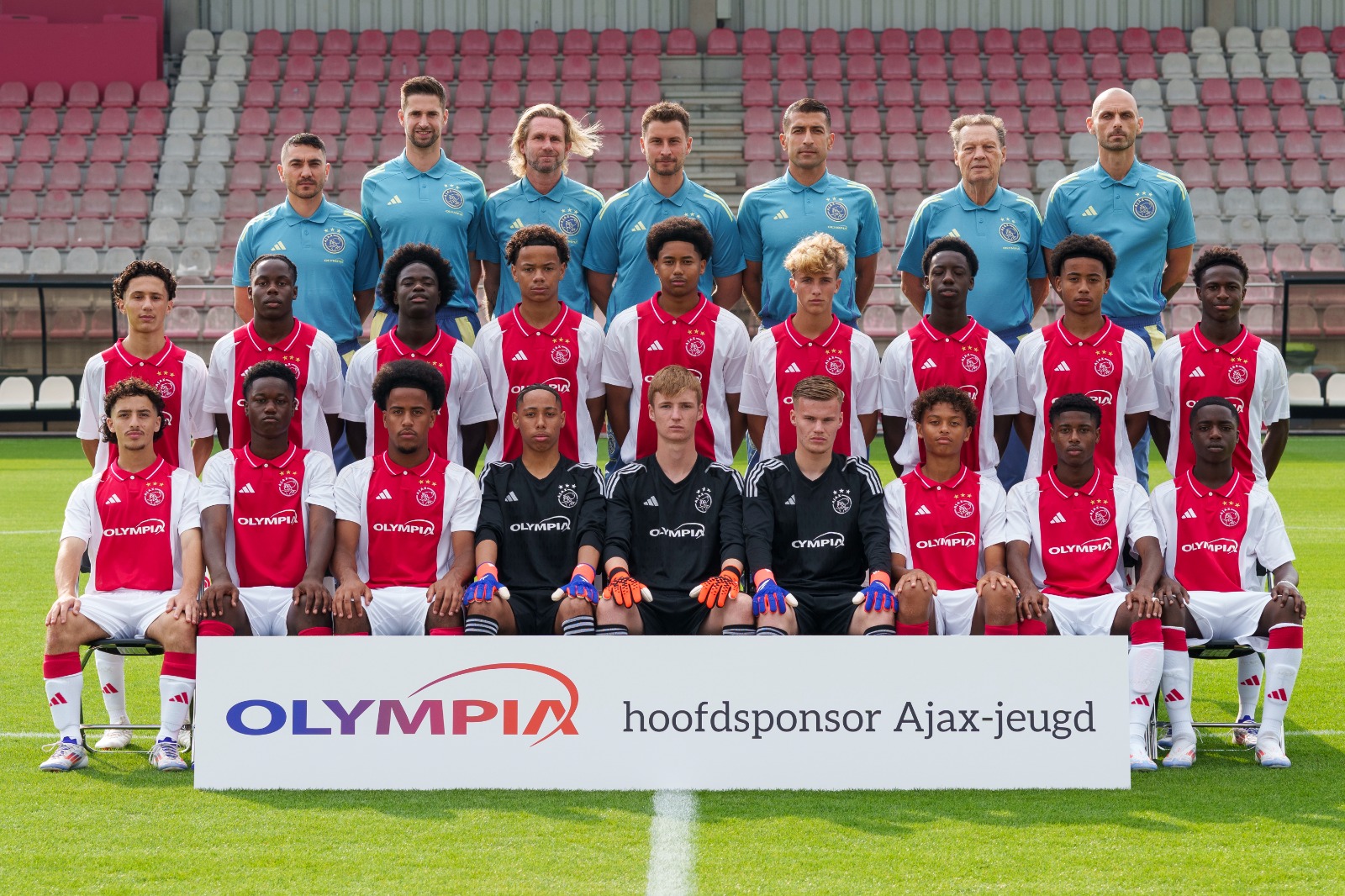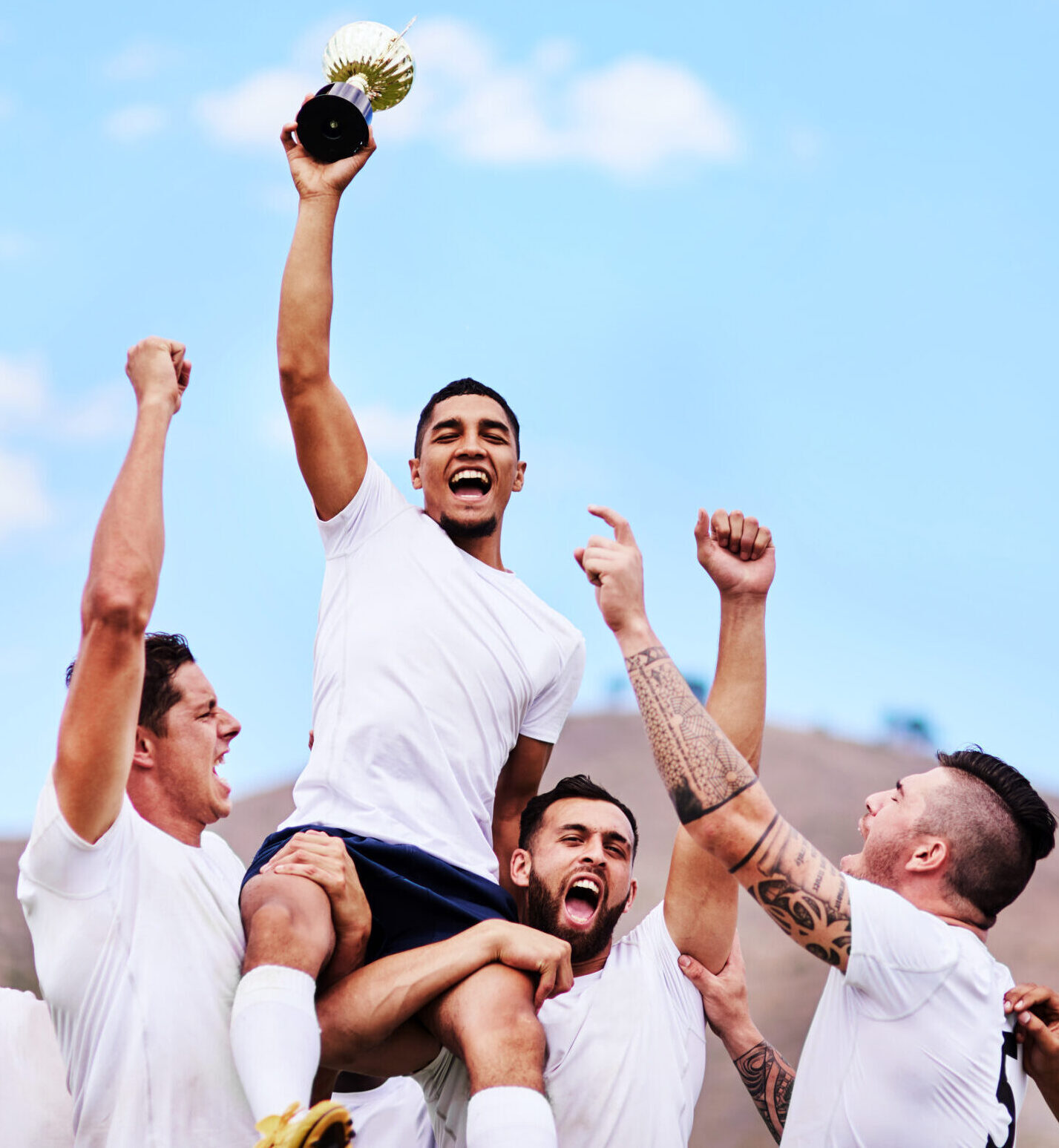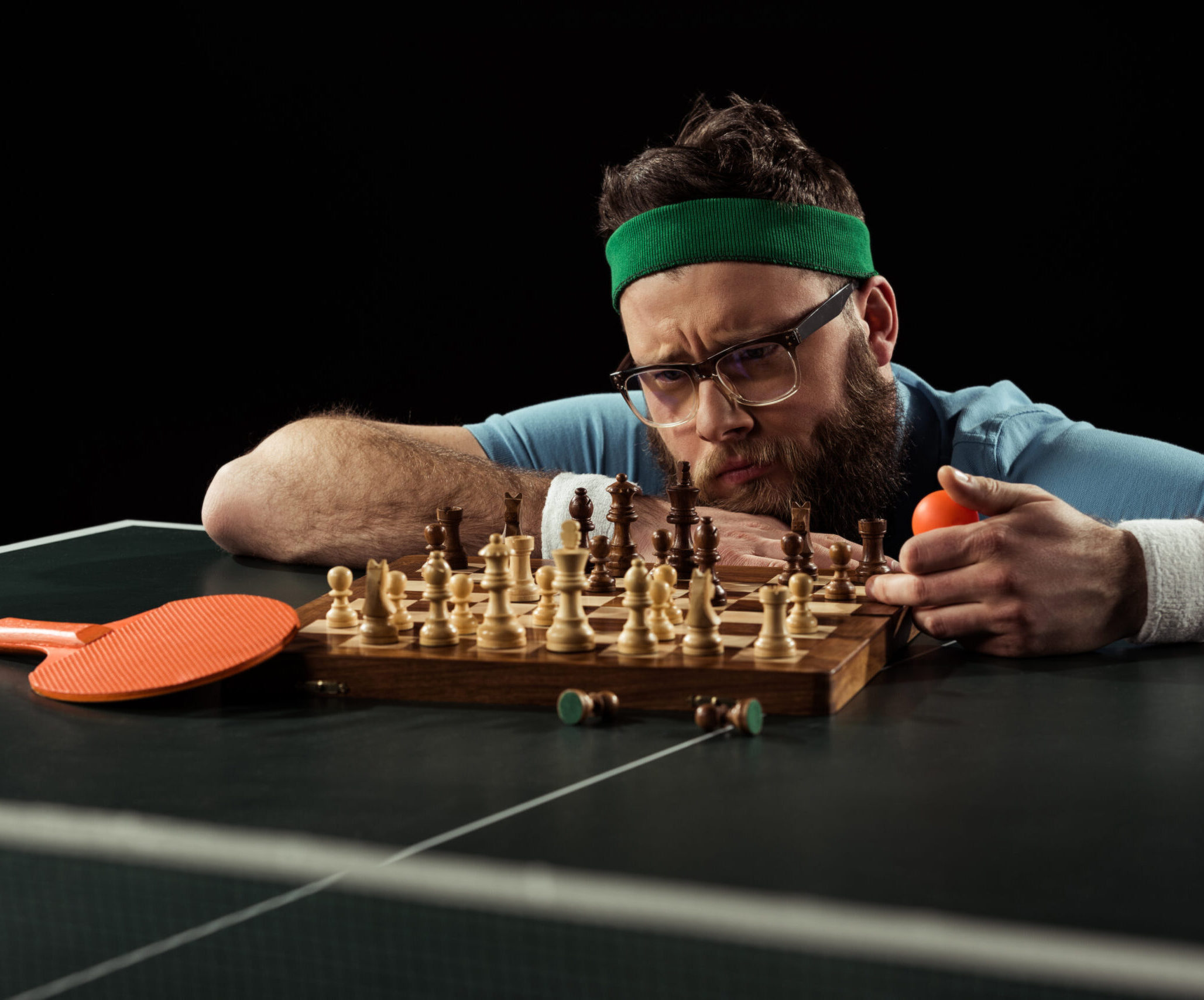Who Am I? The Athlete's Identity Crisis
/
Who Am I? The Athlete's Identity Crisis


Who are you without your sport?
It may seem like a simple question, but for many athletes, it is difficult to answer. For most athletes, their sport takes almost all their time. From morning to night, everything is dedicated to their sport. Their daily schedule, friendships, relationships and even their self-worth and emotions are connected to their performance and experiences in sport. The outside world also sees their identity through their sport instead of seeing them as the individual behind the athlete. They are often only recognized as, “Oh, that is the player from Ajax,” or “He is the national champion swimming,’ instead of being seen as the person behind those achievements in their sport. The consequence is that their sport can become their core identity.
But what happens if they lose their sport and are no longer considered “the athlete” anymore? Athletes may face challenges if their sport is taken away from them, for instance due to an injury or retirement. This can lead to a loss of purpose, feelings of emptiness, or even depression. They may doubt their self-worth when they lose their sport, as they lose a part of their identity.

An athlete’s sense of self-worth and their sporting performance are often connected. This feeling can be reinforced by the happiness of winning, the pride of belonging to a team, and the recognition from friends, family, and their environment. As a result, their sport becomes more than simply an activity; it can shape who they are and how they feel, forming their identity. This connection shows how success and failure affect emotions as success brings happiness and pride, while failure leads to sadness and insecurity. The moment athletes can no longer perform or are forced to stop, whether due to poor results, injury, or retirement, they may experience a sense of emptiness, which can lead to an identity crisis.
I have seen this with a player who couldn’t play football for months due to a serious injury early in the season. While he was recovering from his injury, his teammates continued to develop, with some moving to higher-level teams and even signing professional contracts. He struggled with feelings of falling behind, questioning his future, and fearing he wouldn’t be able to catch up. This led to frustration, fear, and isolation as the team progressed without him. His self-confidence dropped, and he began to doubt himself — “What if I never get back to my old level?” or “Who am I if I can’t be a footballer?” The mental stress became too much, resulting in (new) physical symptoms mimicking his original injury, despite no actual damage. This was a psychosomatic stress response, where psychological strain caused real physical pain. The pain wasn’t from the injury but from the mental stress he was experiencing. This athlete underwent intense psychosomatic therapy, which integrates mental and physical healing processes to help an individual reconnect with their body, emotions and sense of self. His experience made me realise how tightly an athlete’s identity is related to their sport. When that connection is disrupted, it can lead to an identity crisis, where athletes struggle to define who they are outside of their sport. This can lead to serious emotional and physical consequences. This shows that for coaches, support staff, and family, it is important to recognize and address the psychological challenges athletes might face not only during, but also after, their career.
But aren’t coaches and the people around the athlete sometimes unknowingly contributing to this problem? How often do coaches fail to appreciate the person behind the player and instead only acknowledge their performance and achievements in the sport? When was the last time you gave an athlete credit for their development as a person, their kindness towards a teammate who was having a hard time, or their maturity in handling feedback? Have you encouraged them to try something new and step out of their sporting comfort zone or balance their sport commitments with other passions, studies and their families? Although they are often overlooked, these traits are just as important for an athlete’s development and can help prevent them from an identity crisis. Are we coaching the athletes as a person as much as we’re coaching their performance?

For athletes, it is important to also build an identity beyond their sport. Maintaining a balance between their athletic identity and other aspects of life helps to promote long-term well-being. Having other interests such as hobbies, pursuing an education, and learning new skills outside of sport helps athletes develop a broader sense of who they are. This allows them to see themselves as more than just athletes and prevents them from measuring their worth solely by their athletic success. It also puts their sporting achievements into perspective, helping them see their lives as more than just sport, which makes it easier to adjust to their new life when their sporting career ends.
How can coaches and other people around the athlete help them to develop a healthier self-identity?
- Encourage athletes to explore interests outside of their sport to find new passions. Encouraging athletes to explore new hobbies or pursue education outside their sport can help them discover new passions and develop a more well-rounded identity. This makes them less likely to define themselves solely by their athletic career and reduces the risk of an identity crisis.
- Emphasize effort over outcome to stimulate a growth mindset. Athletes are encouraged to view challenges as opportunities for learning when the focus is put towards the effort and improvement rather than the results. This mindset promotes resilience, motivation, and long-term success.
- Improve coping skills to handle setbacks and build emotional strength. This gives athletes the tools to handle and work through difficult situations. It builds resilience, helps them recover emotionally faster and more effectively, and enables them to maintain focus despite hard times.
- Support relationships outside of sports to create a social network outside of their sport environment.Athletes can keep a healthy balance and perspective, reducing stress and promoting overall well-being, by maintaining strong relationships with family and friends outside of sport.
Our impact as coaches and support staff extends far beyond training sessions and results. Athletic achievements, such as wins and records, are often used to define our success as coaches. However, what about our athlete’s long-term well-being? Are we only focused on creating great athletes, or should we be committed to developing well-rounded individuals?
So, who are athletes without their sport? Many athletes struggle with this question, as their identity has been shaped not only by the time they have dedicated to their sport but also by how the outside world sees them. If an athlete’s identity is impacted by injury or retirement, have we, as coaches and support staff, really done our job? Our responsibility must go beyond training and game-day performance. Are we helping them handle setbacks, explore interests beyond their sport, recognize personal growth, build resilience, and support teamwork. Otherwise, they may see their worth only in success, making them unprepared when they face an identity crisis.
Maybe we should also ask ourselves: Who am I as a coach? Aren’t we experiencing the same identity crisis as coaches if our identity is only influenced by our athletes’ success? The success of coaching isn’t measured by winning trophies. True success is helping athletes build confidence, adaptability, and a strong sense of self not only for a life as an athlete but also for life beyond sport.
Contact Information
Have questions or need expert guidance? Get in touch and let’s work together to elevate your performance!
Contact
- (+31) 6 138 569 83
- info@timvanhoorn.blog
- Groningen, The Netherlands
© 2025 Tim van Hoorn • All Rights Reserved

